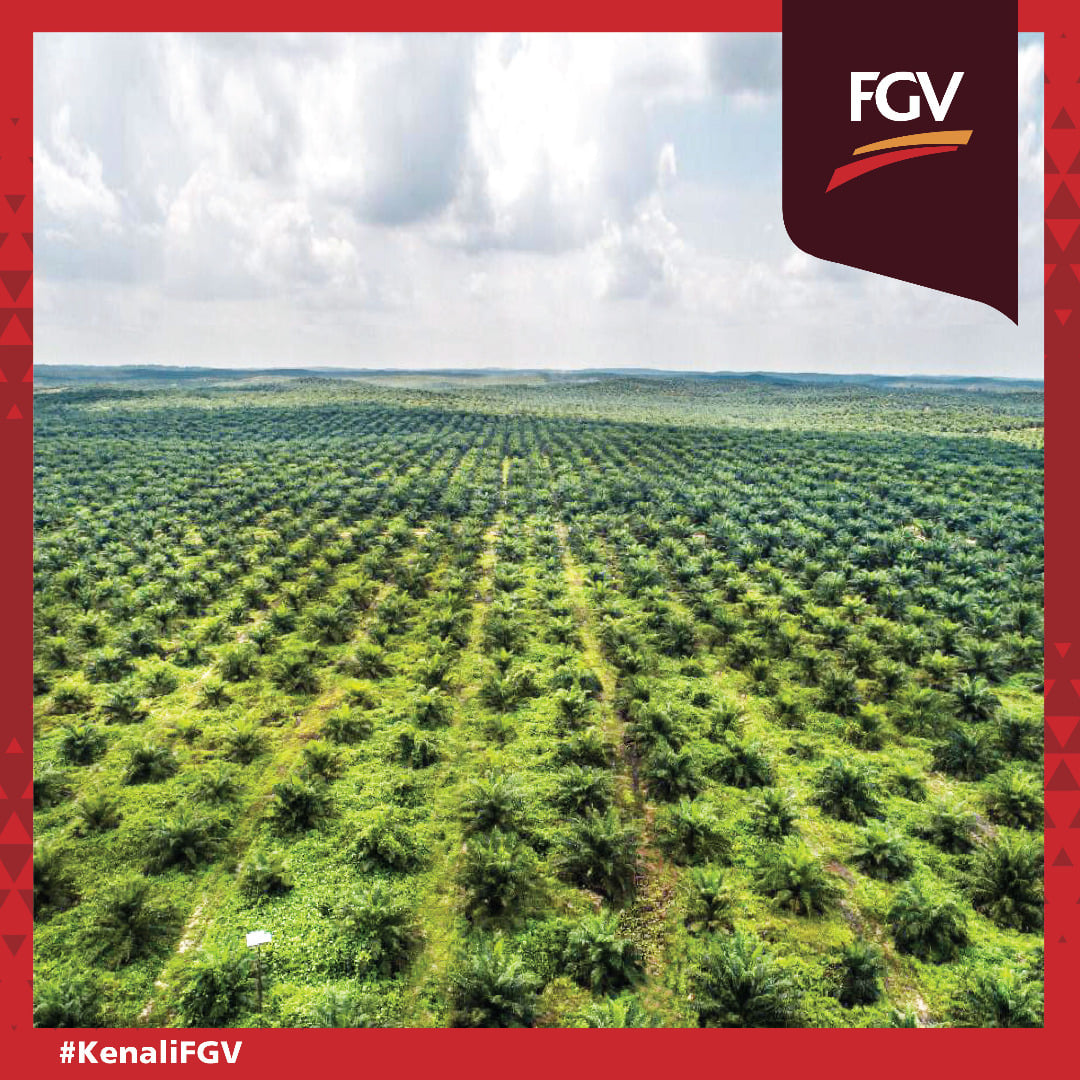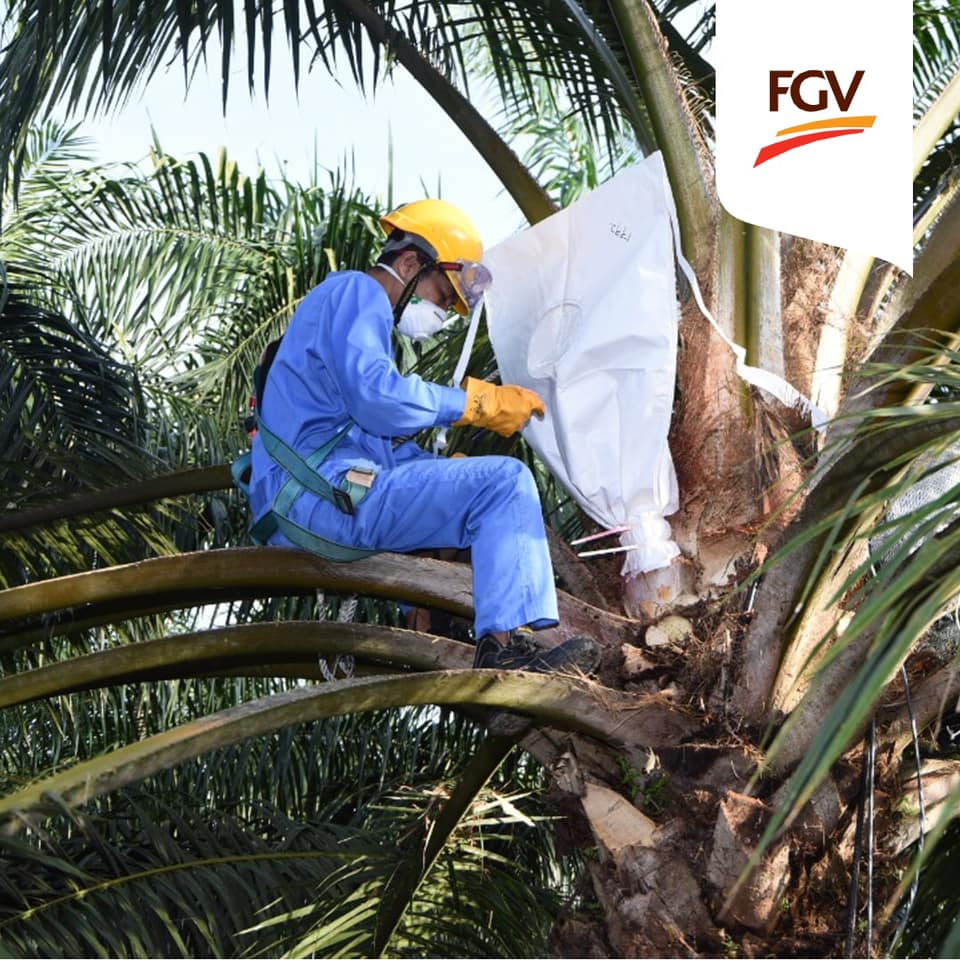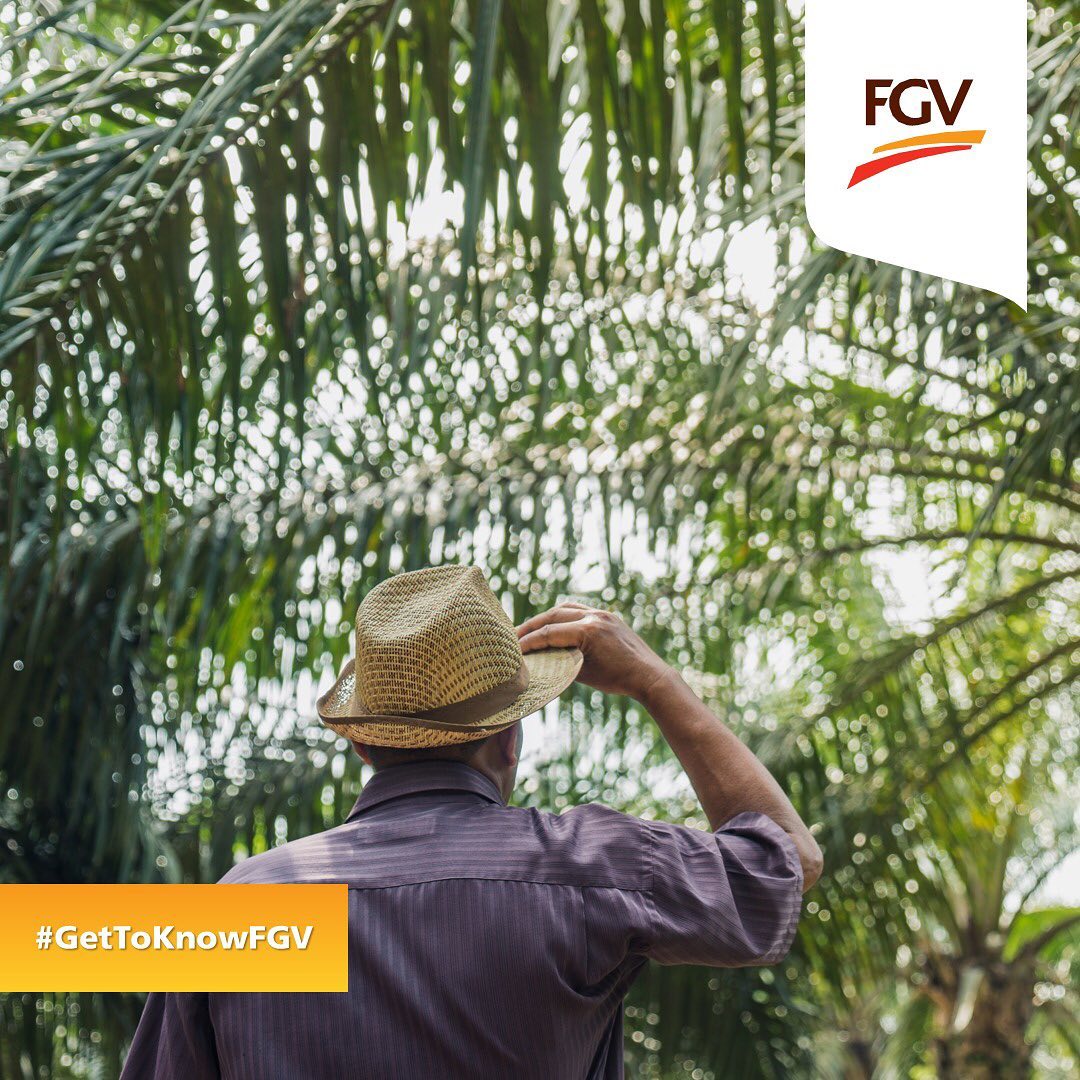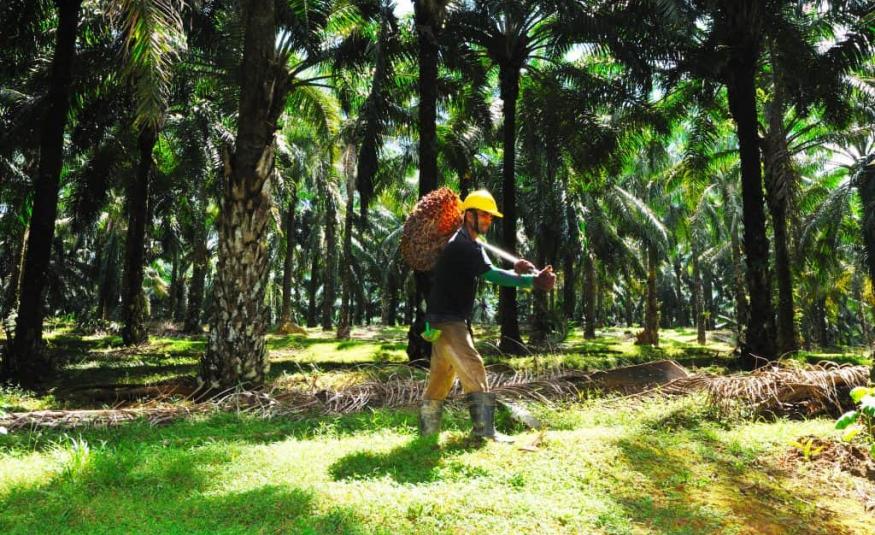KUALA LUMPUR March 7 – There was a time when Felda Global Ventures Holdings Bhd (FGV) was on the top of the world.
The euphoria was further propelled by its listing on Bursa Malaysia in 2012 and touted as the second largest initial public offering in the world after Facebook.
However, FGV subsequently went on a downward spiral which saw its share price dive more than 70 percent at current levels of RM1 from it's initial listing offer price of RM4.55.
Ever since then, FGV remained under pressure for the past 10 years until last week.
This is no thanks to the on-going Ukraine-Russia tensions which have seen crude palm oil prices breached a historical high of RM8,000 a tonne last week for the third month March delivery.
The solid CPO price tag has never happened before and places FGV as well as other plantation companies in good stead.
They include Kuala Lumpur Kepong Bhd, Sime Plantations Bhd and Sarawak Oil Palms Bhd.
"FGV is in a good financial standing as announced.
"In the near term, we have lined up various sustainability programs, operational and marketing enhancements to strengthen our position," FGV Group Chief Executive Officer, Mohd Izam Nazrul Mansor told DagangNews.com in a Whatsapp message.

Last week, FGV announces its net profit for the financial year ended December 31, 2021soared to RM1.17 billion from RM146.16 million a year ago, while revenue jumped by 39 percent to RM19.58 billion from RM14.08 billion previously.
The group announced a final dividend payment of eight sen per share, translating to a total dividend pay-out of RM291.85 million.
For the fourth quarter ended December 31, 2021, FGV’s net profit jumped to RM465.09 million from RM131.06 million in the fourth quarter 2020, underpinned by significant improvement in the plantation sector on the back of higher palm oil prices.
Quarterly’s revenue surged 54.25 percent to RM6.18 billion from RM4.01 billion mainly due to higher contributions from its plantation and logistics segments.
Earnings per share rose to 12.75 sen from 3.59 sen, the group’s filing to Bursa Malaysia showed.
FGV’s plantation sector which is the group’s business mainstay, which makes up the biggest chunk of its business portfolios, recorded a stronger performance in the fourth quarter of 2021 with a total operating profit before land lease agreement and impairment of RM716 million on the back of a RM5.41 billion revenue.

Challenges remain ahead
However, despite the good times, FGV is not averse to bumps ahead.
For starters, the labour shortage persists amid the virus and it will be a challenge to harvest and transport fresh fruit bunches to the mill.
Malaysian Palm Oil Board data showed that there is an estimated 32,000 shortage in foreign workers nationwide as they are prevented to return to Malaysia due to the closure of international borders.
Some 800,000ha of oil palm states are owned and managed by individual smallholders and production cost is high.
This is because most of the pioneers are in their 70s and some of their children are not interested to pick up the trade.
Thus the smallholders have no choice but to hire contract workers to fell the fresh fruit bunches which leads to a spike in production cost.
FGV is also perpetually mired with the age-old problem of aging trees as well as the slow rate of replanting.

The journey ahead is expected to be stable
Due to the latest developments, all plantations are expected to laugh all the way to the bank including FGV.
But for FGV, it is poignantly special as the company has suffered the most ever since its listing.
It's share prices have now doubled to RM2 ever since the Russia-Ukraine war broke out and Mohd Izam said CPO prices are expected to stabilise at the RM4,000 and RM5,000 level in 2022.

As for smallholder Abdul Halim Abbas, he can afford to smile now as he can now earn an income of RM3,000 or more in a month.
"Last year was tough due to the pandemic and CPO prices was at RM400 a tonne level.
"Now I can finally look forward to finally repairing my leaking roof and take my grandchildren to Legoland." – DagangNews.com









